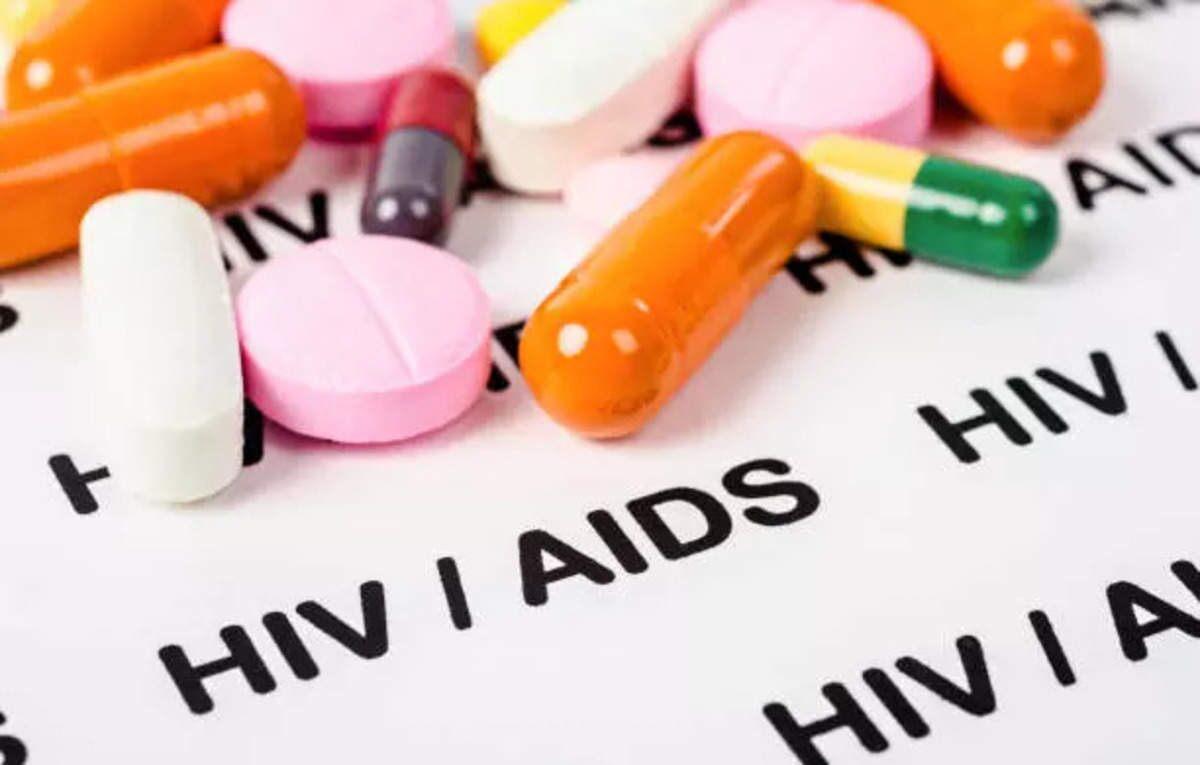
During the COVID-19 pandemic, rich countries bought most of the world’s vaccines early, leaving few shots for poor countries and creating a disparity the World Health Organization called “a catastrophic moral failure.”
Now, poorer countries are trying to become more self-reliant “because they’ve realized after COVID they can’t count on anyone else,” said Brook Baker, who studies treatment-access issues at Northeastern University.
Bedaquiline, a medication used to treat tuberculosis in patients who are resistant to other drugs, is one of the targets. The medications are particularly crucial for South Africa, where tuberculosis (TB) killed over 50,000 people in 2021, making it the biggest cause of death there.
Activists have been opposing Johnson & Johnson’s attempts to defend the drug’s patent in recent months. TB patients petitioned the Indian government in March, demanding access to less expensive generics; the government eventually acknowledged that J&J’s patent might be breached. Then, Belarus and Ukraine wrote to J&J, requesting that it revoke their patents as well, but received no response.
In July, J&J’s patent on the drug expired in South Africa, but the company had it extended until 2027, enraging activists who accused it of profiteering.
The South African government then began investigating the company’s pricing policies. It had been paying about 5,400 rand ($282) per treatment course, more than twice as much as poor countries that got the drug via a global effort called the Stop TB partnership.
Meanwhile, in Colombia, the government declared last month that it would issue a compulsory license for the HIV drug dolutegravir without permission from the drug’s patent-holder, Viiv Healthcare. The decision came after more than 120 groups asked the Colombian government to expand access to the WHO-recommended drug.
“This is Colombia taking the reins after the extreme inequity of COVID and challenging a major pharmaceutical to ensure affordable AIDS treatment for its people,” said Peter Maybarduk of the Washington advocacy group Public Citizen.
Maybarduk noted that Brazilian activists are pushing their government to make a similar move. Still, some experts said much more needs to change before poorer countries can produce their own medicines and vaccines.
He added that in order to attain universal health care, stakeholders must work together, including donors, partners, ministries, departments, and agencies (MDAs), civil society organizations, and others.





